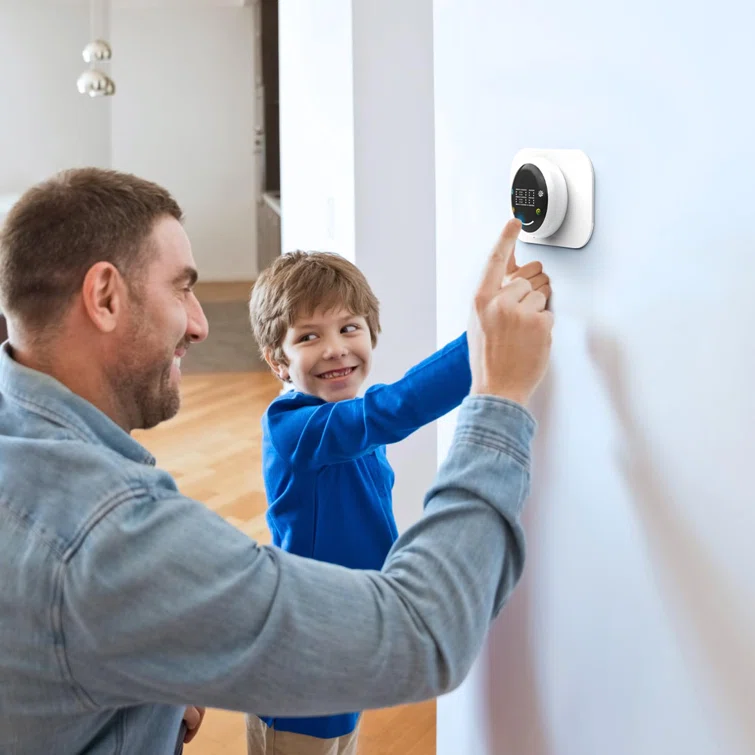Check Best Thermostat Pricing in Amazon
** As an Amazon Associate, I earn from qualifying purchases.
Smart meters have been implemented in many households across the world as a way to track energy consumption. These devices can provide a wealth of information to homeowners and utility companies alike, allowing for more efficient use of energy and cost savings. However, some homeowners may wonder if smart meters can also control their thermostats.
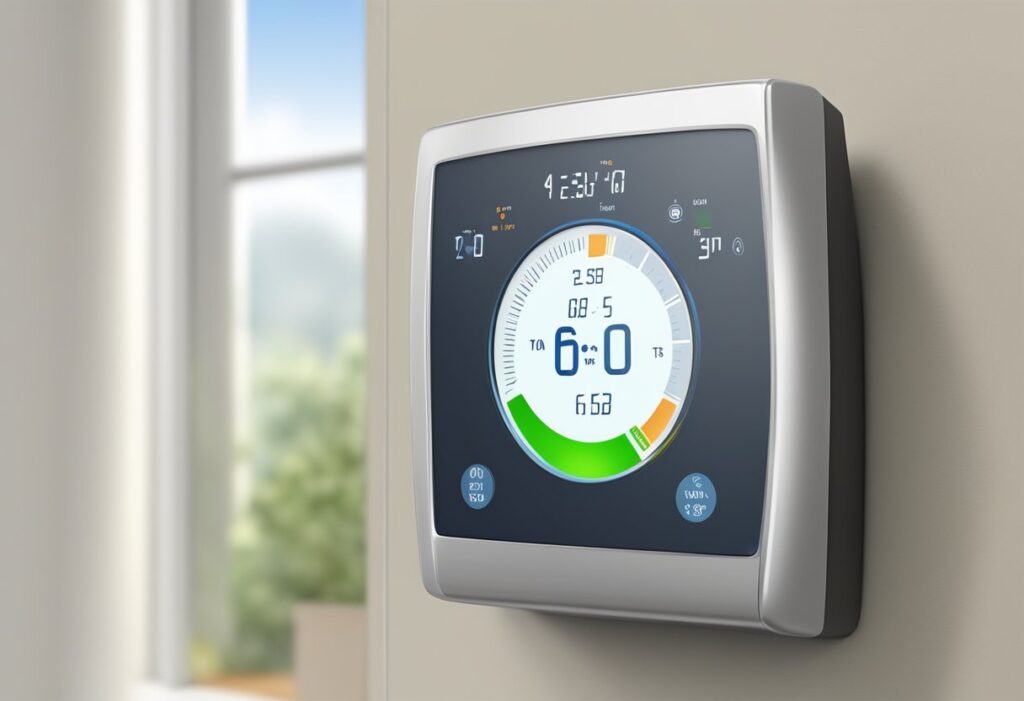
While smart meters can communicate with other devices in a home, such as thermostats, they do not have the ability to directly control them. Instead, smart meters provide data on energy usage, which can then be used by homeowners to adjust their thermostat settings for optimal energy efficiency.
Additionally, some utility companies may offer programs that allow for remote adjustment of thermostats during peak energy usage times, but this is typically voluntary and requires the homeowner’s consent.
Overview of Smart Meters
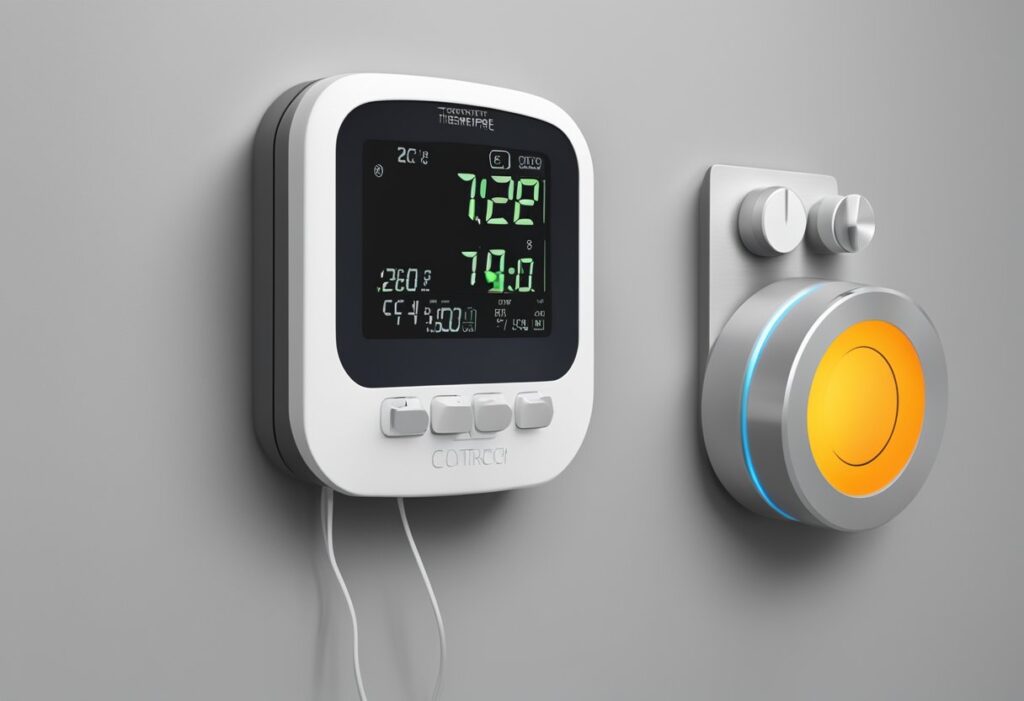
Smart meters are digital devices that measure and record energy consumption in real-time. They are an upgrade from traditional meters that require manual reading and do not provide detailed information about energy usage. Smart meters use wireless communication technology to transmit consumption data to energy providers, allowing for more accurate billing and improved energy management.
Functionality of Smart Meters
Smart meters have several features that make them more advanced than traditional meters. They can:
- Measure energy consumption in real-time: Smart meters record energy usage every 30 minutes, allowing customers to monitor their usage and make adjustments to reduce their energy bills.
- Communicate with energy providers: Smart meters use wireless communication technology to transmit energy consumption data to energy providers, eliminating the need for manual meter readings.
- Provide detailed energy usage information: Smart meters provide customers with detailed energy usage information, including the time of day and the amount of energy used during peak hours.
- Control appliances remotely: Some smart meters are equipped with remote control functionality that allows customers to control their appliances from their smartphones or tablets.
Benefits of Smart Meters
Smart meters offer several benefits over traditional meters, including:
- Accurate billing: Smart meters provide more accurate billing by eliminating the need for estimated readings.
- Improved energy management: Smart meters provide customers with detailed energy usage information, allowing them to make adjustments to reduce their energy bills.
- Reduced carbon footprint: Smart meters promote energy efficiency by providing customers with detailed energy usage information and encouraging them to reduce their energy consumption.
- Remote control functionality: Some smart meters allow customers to control their appliances remotely, providing them with greater convenience and flexibility.
Overall, smart meters are a valuable tool for managing energy consumption and reducing energy bills. They provide customers with detailed energy usage information and promote energy efficiency, making them a worthwhile investment for any home or business.
Thermostat Control Capabilities
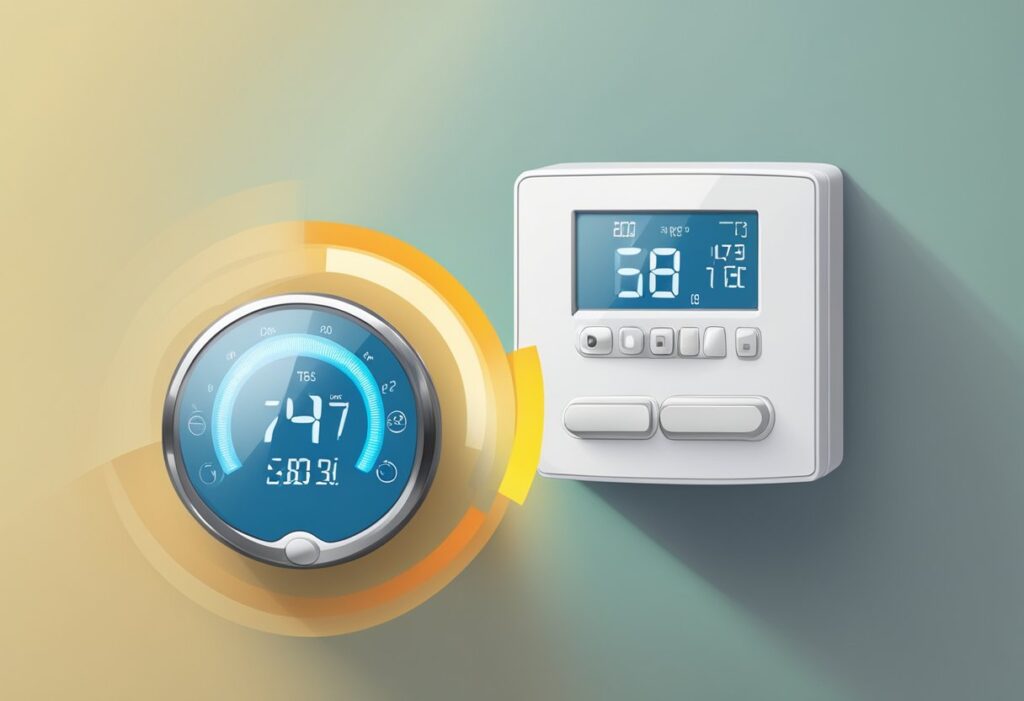
Smart meters have revolutionized the way we monitor and manage our energy usage, and they can also provide remote control of our thermostats. This section will explore the thermostat control capabilities of smart meters, including remote temperature adjustment and energy usage optimization.
Remote Temperature Adjustment
Smart meters can be used to remotely adjust the temperature of a home or business, providing convenience and energy savings. This feature is particularly useful for those who are away from their property for extended periods of time, as they can easily adjust the temperature to ensure that it is comfortable upon their return.
Remote temperature adjustment can also be used to optimize energy usage. For example, a homeowner can set their thermostat to a lower temperature during the day when no one is home, and then remotely adjust it to a higher temperature before they return. This can significantly reduce energy usage and lower utility bills.
Energy Usage Optimization
Smart meters can also be used to optimize energy usage by analyzing data on energy consumption and making recommendations for more efficient use. For example, a smart meter can analyze energy usage patterns and suggest adjustments to the thermostat to reduce energy waste.
In addition, smart meters can provide real-time data on energy usage, allowing homeowners to monitor their usage and make adjustments as needed. This can help to identify areas of energy waste and make changes to reduce overall energy consumption.
Check Best Thermostat Pricing in Amazon
** As an Amazon Associate, I earn from qualifying purchases.
The thermostat control capabilities of smart meters provide a range of benefits for homeowners and businesses. By enabling remote temperature adjustment and energy usage optimization, smart meters can help to reduce energy waste and lower utility bills.
Smart Meters and User Privacy

As smart meters become more widely used, concerns about user privacy have arisen. While smart meters can offer benefits such as increased energy efficiency and cost savings, they also collect data that some users may be uncomfortable sharing.
Data Collection and Privacy
Smart meters collect a variety of data, including energy usage, the time of day that energy is used, and the types of appliances being used. This data can be used to create a detailed picture of a user’s daily routine and habits. While this information can be useful for energy companies and grid operators, it can also be seen as invasive by some users.
To address these concerns, many smart meter programs have implemented privacy policies that limit the collection and use of data. For example, some programs only collect energy usage data at the aggregate level, rather than at the individual user level. Others allow users to opt out of data collection altogether.
User Control Over Data Sharing
Another concern related to smart meter privacy is the sharing of data with third parties. In some cases, energy companies may share user data with other companies for marketing or research purposes. This can be a cause for concern for users who do not want their personal information shared without their consent.
To address this issue, many smart meter programs allow users to control how their data is shared. For example, users may be able to opt out of data sharing or limit the types of data that can be shared. Some programs also require energy companies to obtain user consent before sharing data with third parties.
While smart meters can offer benefits in terms of energy efficiency and cost savings, it is important for users to be aware of the data that is being collected and how it is being used.
Integration with Smart Home Systems
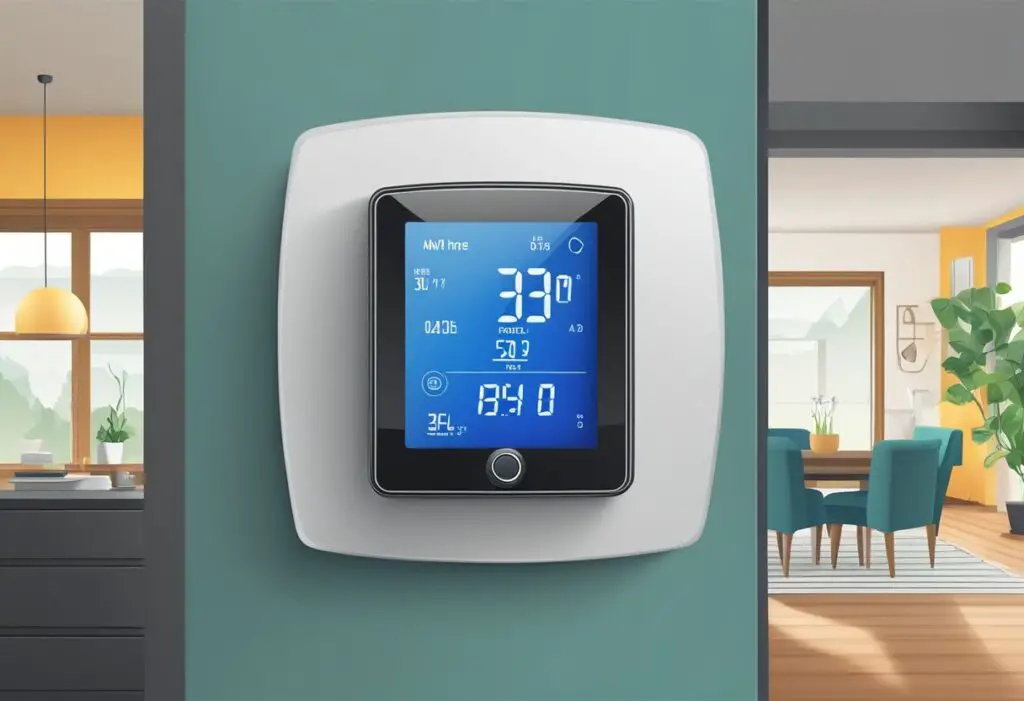
Smart meters can be integrated with smart home systems to provide homeowners with greater control over their energy consumption and HVAC systems. This integration allows homeowners to monitor and adjust their energy usage remotely, which can lead to significant energy savings and enhanced efficiency.
Compatibility with Home Automation
Smart meters can be integrated with a variety of home automation systems, including Amazon Alexa, Google Home, and Apple HomeKit. This integration allows homeowners to control their HVAC systems using voice commands or a smartphone app. For example, a homeowner could say, “Alexa, turn up the temperature in the living room,” and the smart meter would adjust the thermostat accordingly.
Enhanced HVAC System Efficiency
Smart meters can also provide homeowners with detailed information about their energy usage, including when and where energy is being consumed. This information can be used to identify energy waste and inefficiencies in the HVAC system. For example, if the smart meter shows that the HVAC system is using a lot of energy during the day when no one is home, the homeowner can adjust the thermostat to reduce energy consumption during those hours.
Overall, the integration of smart meters with smart home systems can provide homeowners with greater control over their energy consumption and HVAC systems, leading to significant energy savings and enhanced efficiency.
Check Best Thermostat Pricing in Amazon
** As an Amazon Associate, I earn from qualifying purchases.

